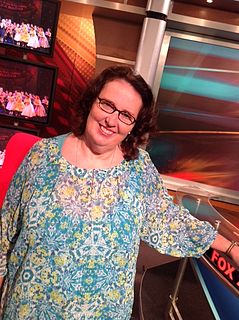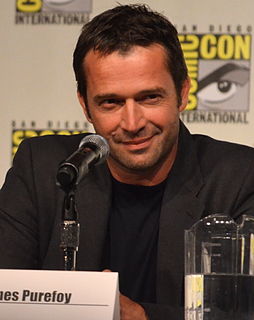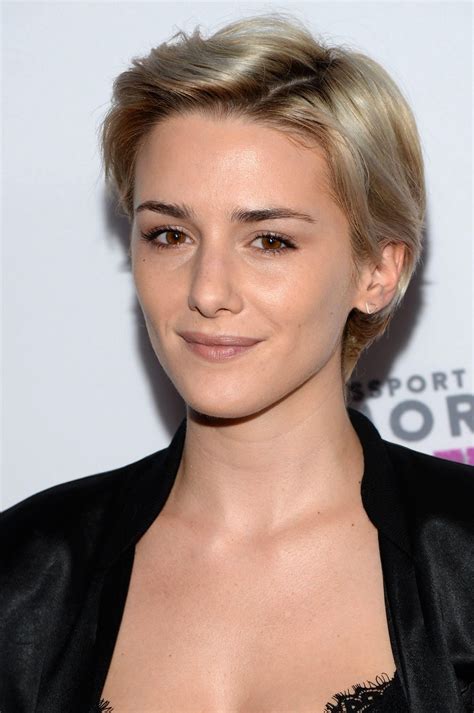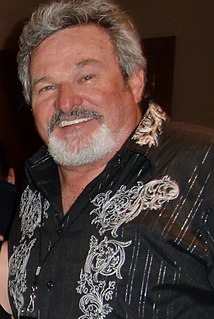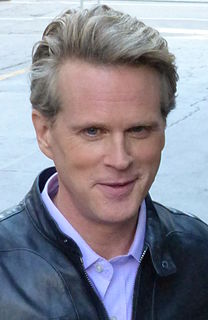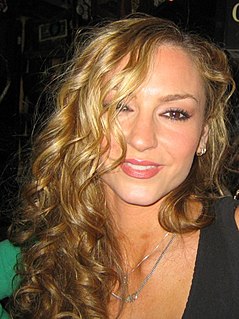A Quote by Grant Heslov
As a writer, you know what the purpose of the scene is. It really has nothing to do with the actor so you have to really get out of that space because for actors it's a micro-focus and then you figure out your arc through what the writers have given you to say. But that arc is just one little piece of the huge arc of the whole film. It took a while to get out of that.
Related Quotes
I have to go through that arc with Dolores, and I didn't know what my arc was going to be. We found out episode by episode, and the more it went on, the more I felt a change in myself and allowed myself to be strong and to get angry and to access emotions that I don't normally, and I think a lot of women don't because we're kind of conditioned not to. It's freed me in a way, and it made me find a strength in myself.
It takes stamina to get up like an athlete every single night, seven to eight performances a week, 20 weeks in a row. And there are many young performers who only learn their craft in the two minute bits it takes to film a scene. You never learn the arc of storytelling, the arc of a character that way.
You have to understand that when you're a voice actor on an animated film, you're really just a tiny little piece of this huge process. And when you finally get to see the finished product and see all of the wonderful work that the animators & the designers & the writers did to make your character stand out, it's just so touching, so humbling.
I believe in working with your morning brain - you have your coffee, and then maybe you'll start thinking about the grand plan and what's going to happen in the next arc, and then you write for a while, and then you get really dreamy, and over the course of the day or in the middle of the night, something comes, and you just throw it in!
The visual stuff just lives inside of you. As far as really being able to take care of an actor on a set, how to talk to an actor, and how to get what you need out of a scene is probably where I might know a thing or two. Although, in TV, the actors are pretty much left alone. It's really the writer's medium more than anything.






